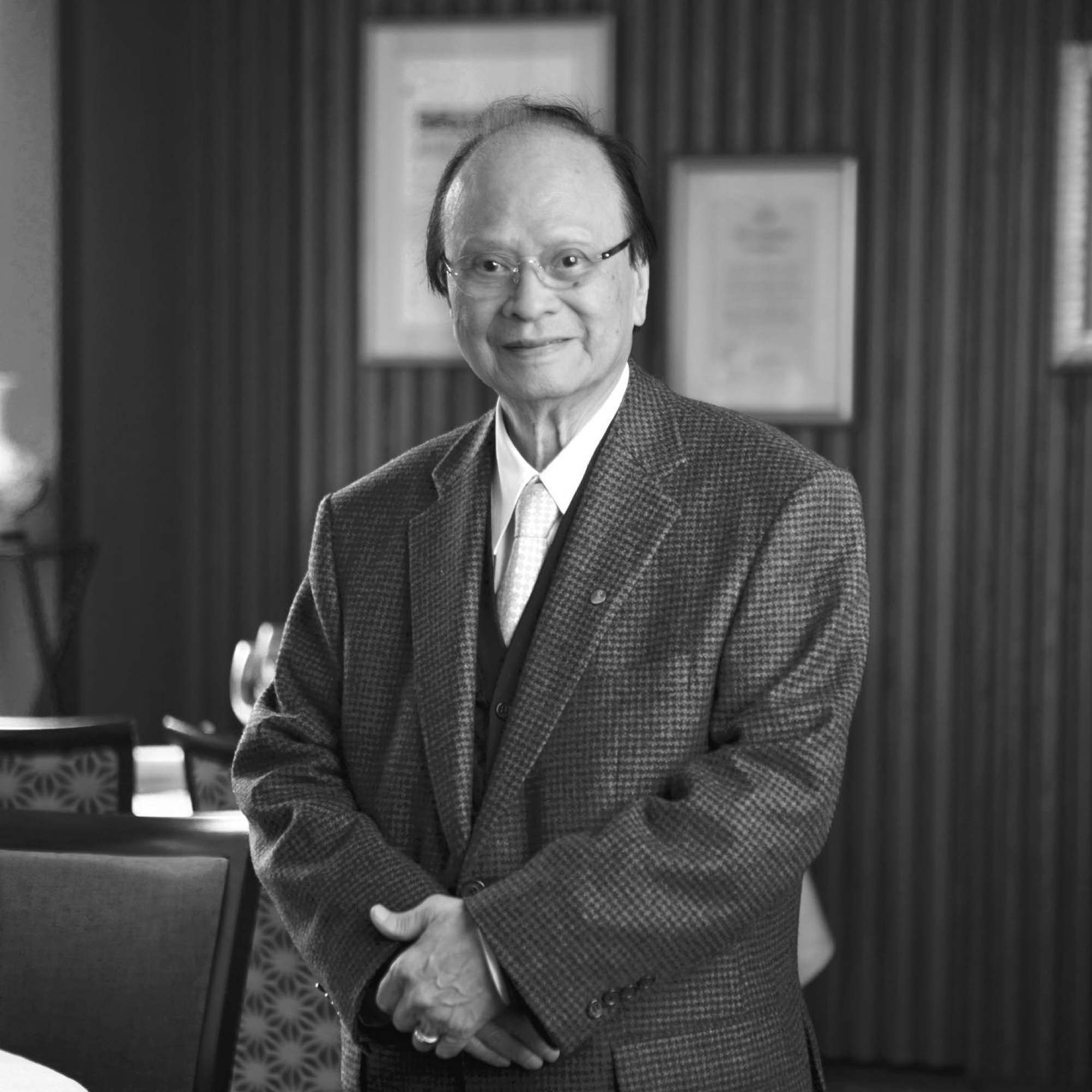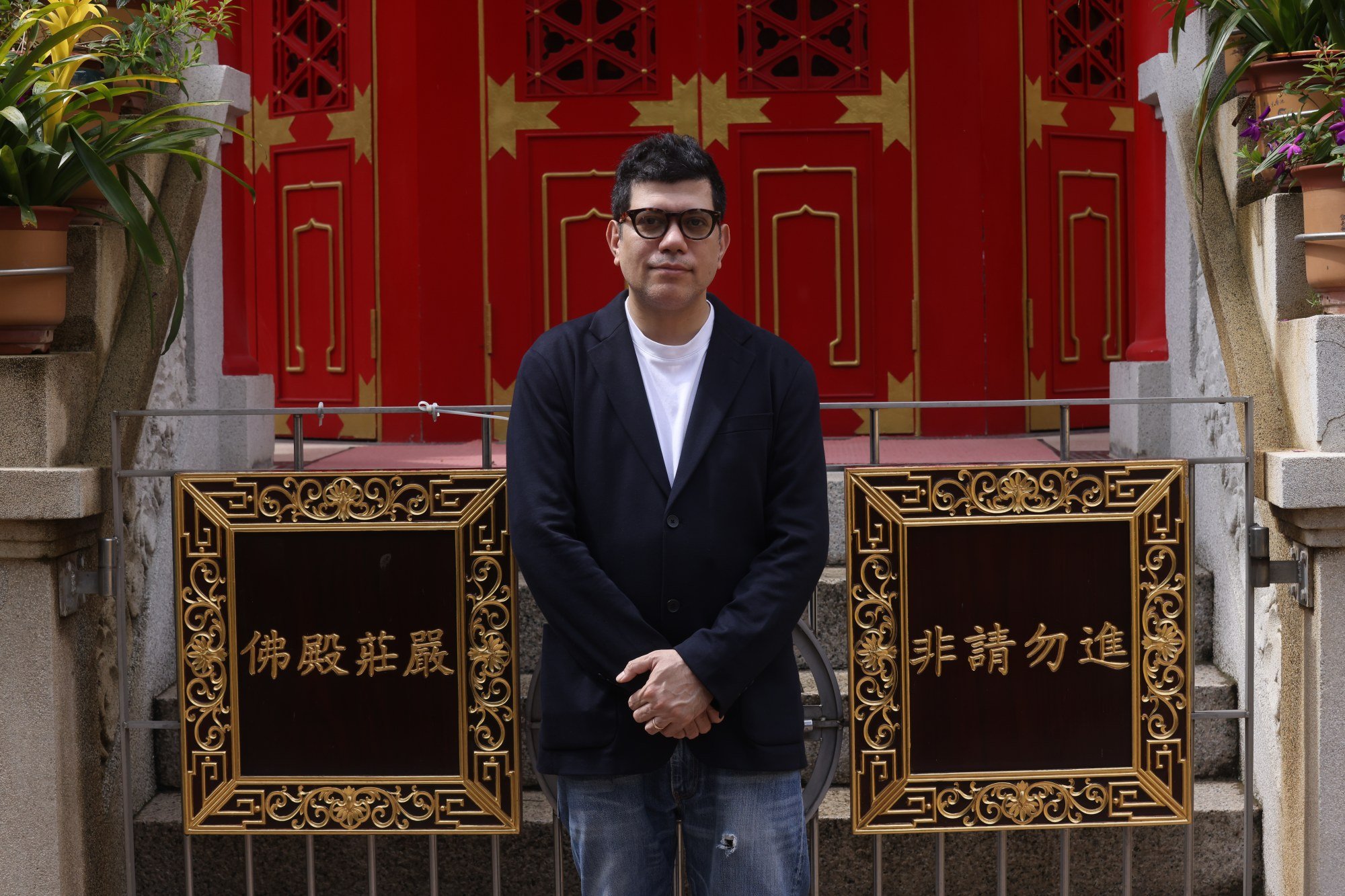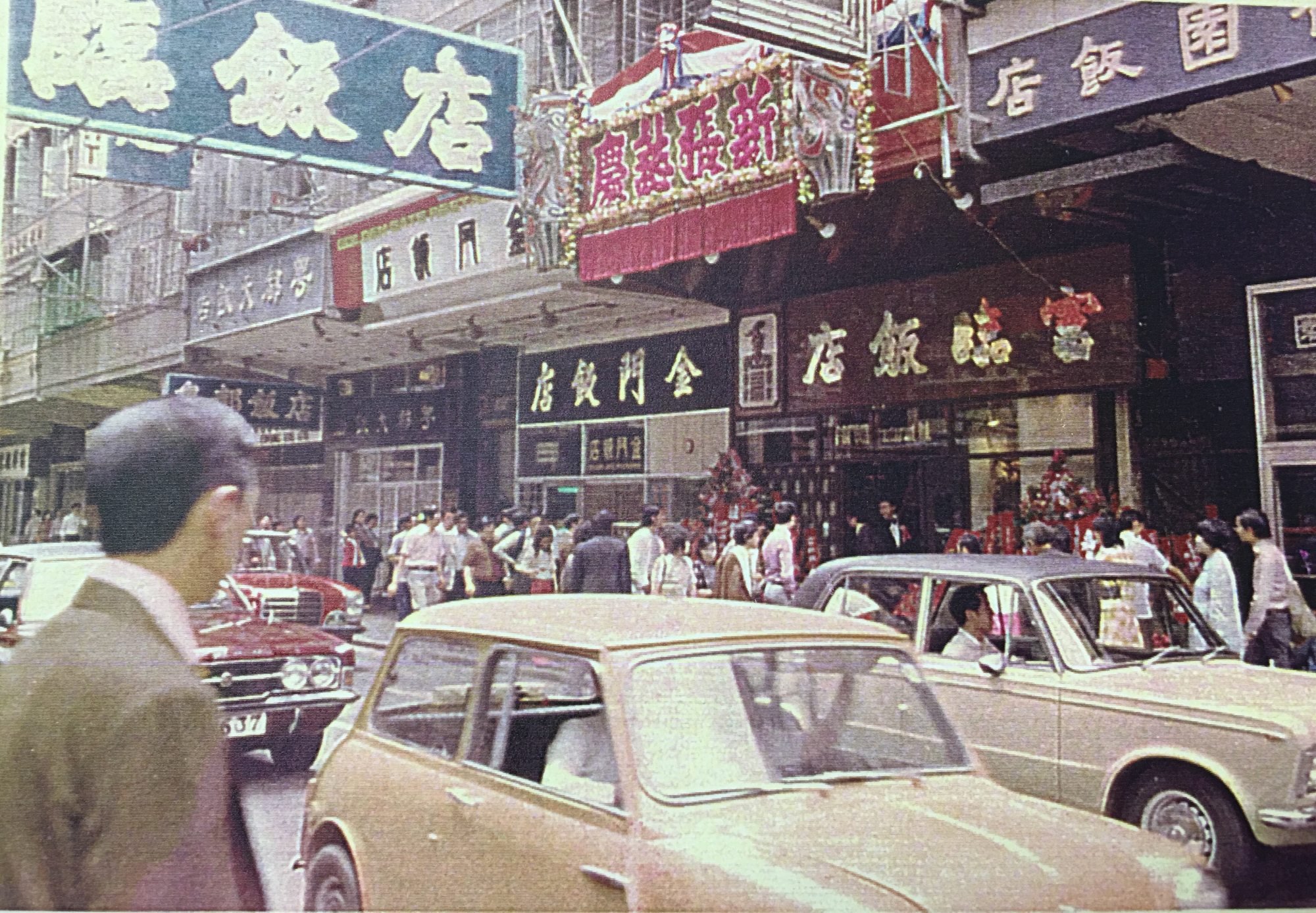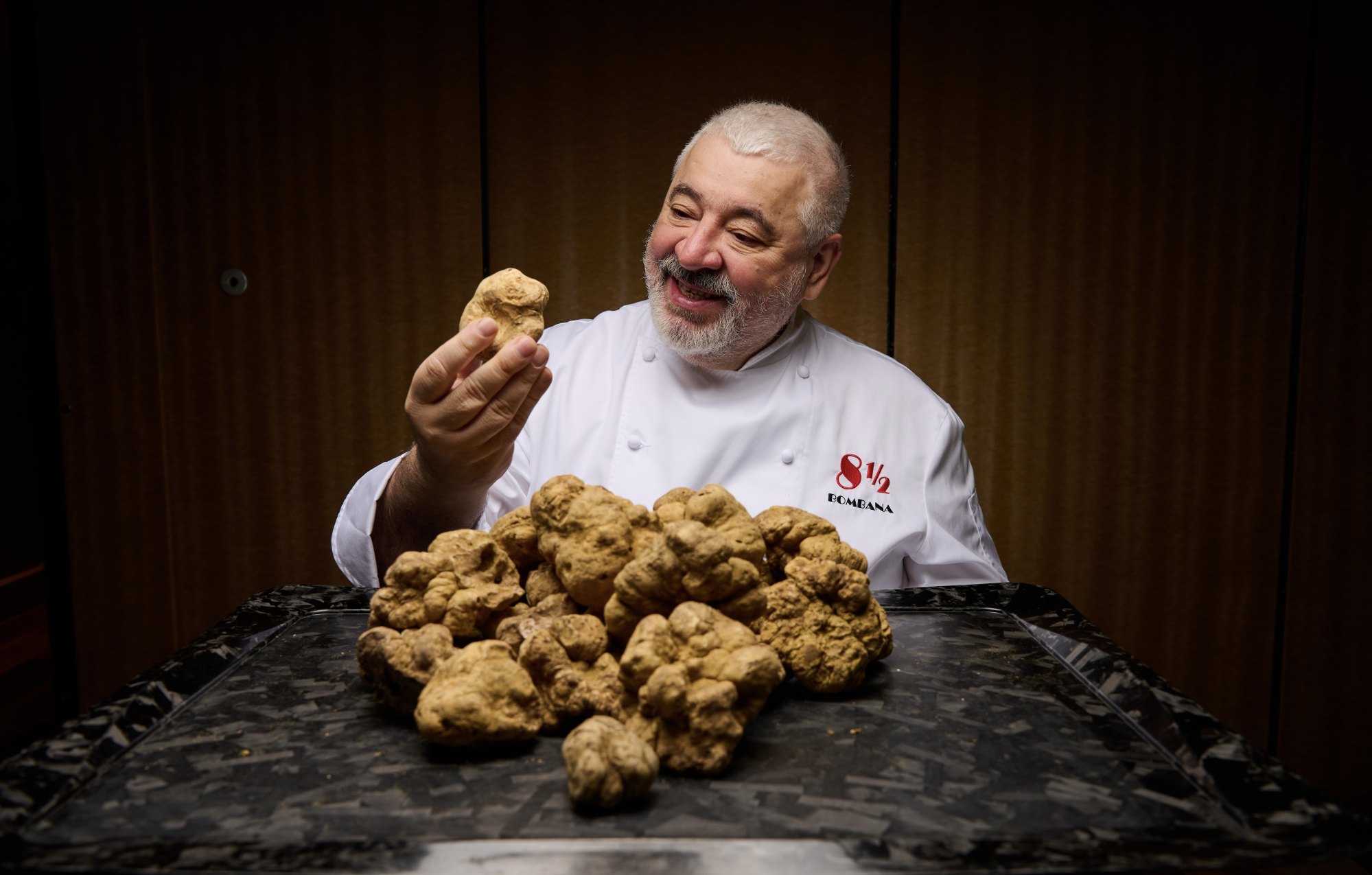Hong Kong culinary icon Yeung Koon-yat, also known as Yat Gor, died on 31 July at the age of 90. As the co-founder and chef of Forum, and the man behind the Ah Yat brand, he helped put Hong Kong and Cantonese cuisine on the world stage.
Yeung arrived in Hong Kong from Guangdong, southern China, at the age of 18 in 1949 to try his luck as a chef. He worked his way up the ranks at Tai Wah Restaurant until he and his business partners opened Forum in Tsim Sha Tsui, Kowloon, in 1977.
“After our abalone was sampled by presidents and other dignitaries, we were positioned as an authority on the dish.”

In 1996, Yeung was the recipient of the Club des Chefs des Chefs gold award in 1996, and was granted the Bronze Bauhinia Star by the Hong Kong government in 2007 for his contribution to the city’s culture.
A major figure in Cantonese cuisine and known as the “abalone king”, Yeung often downplayed his achievements; he is remembered for his humility.
The kitchen secrets of Hong Kong’s ‘Abalone King’ Yeung Koon-yat
The kitchen secrets of Hong Kong’s ‘Abalone King’ Yeung Koon-yat
“Yat Gor was very generous and nurturing,” Poon says. “I came from a [poor] background and when I started at Forum, I had no access to exquisite abalone dishes, let alone could I tell the difference between a good one and a bad one.
“Yat Gor prepared a five-head abalone, worth about HK$20,000 at the time and sat down and ate it with me. He patiently explained the difference between the quality of abalone, from superior to Japanese superior to produce from South Africa.”
“Head” in abalone measurement terms refers to how many pieces of abalone can weigh up to a catty (600g). The smaller the number, the more expensive the shellfish is; and the dried version is more expensive per head compared to fresh.

According to Poon, Forum faced financial difficulties during the early ’80s. After being refused yet another loan, Yat Gor returned to Forum feeling completely dejected.
When he asked one of the chefs to make him something to eat, the chef refused as he was owed two months’ pay, telling his employer to make it himself.

The dish he made, a fried rice, became the first fried rice to be prepared and served tableside in Chinese restaurants in Hong Kong, and has become a poignant reminder for the decorated chef of his lowest moment.
“[Ah Yat] was always very friendly and I really enjoyed the experience of working with him,” Bombana recalls. “It is amazing how he elevated the dried abalone into such a world-famous dish. He was truly a legend.”

“It was my honour to have a chance to collaborate when I did a four-hands dinner with him. He also came to Otto e Mezzo several times. I think the last time was about two years ago. He really enjoyed Italian food and it was my pleasure to serve him.”
Forum’s announcement of his death was made on Instagram, with the restaurant vowing to continue Yeung’s legacy.
“The delicacies, working spirit and wisdom left behind by Master Yeung over the years will be remembered by us, and we will continue to carry on his legendary legacy,” its message read.

